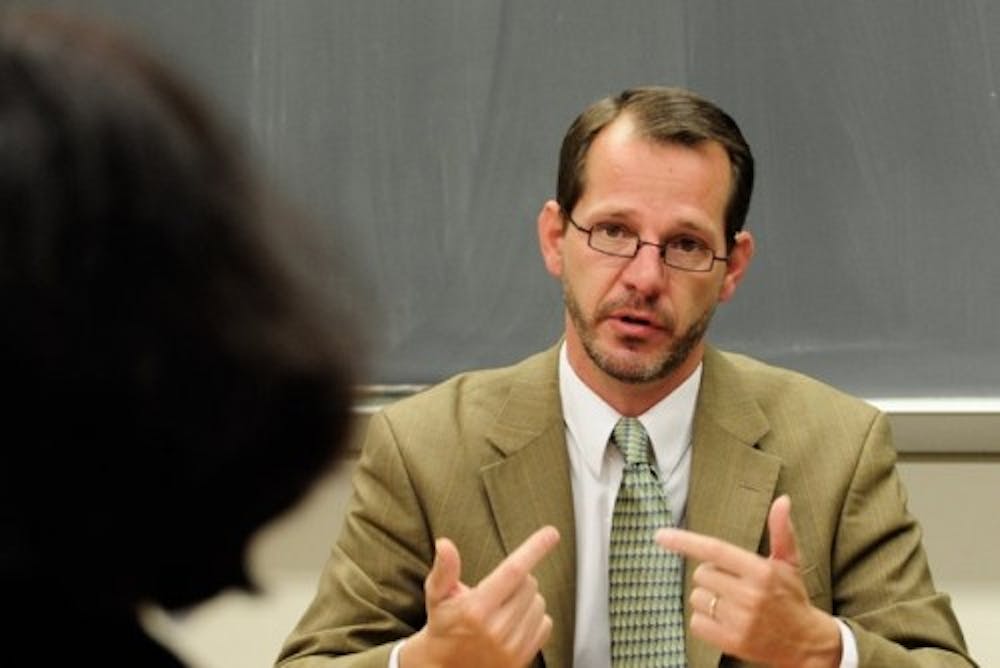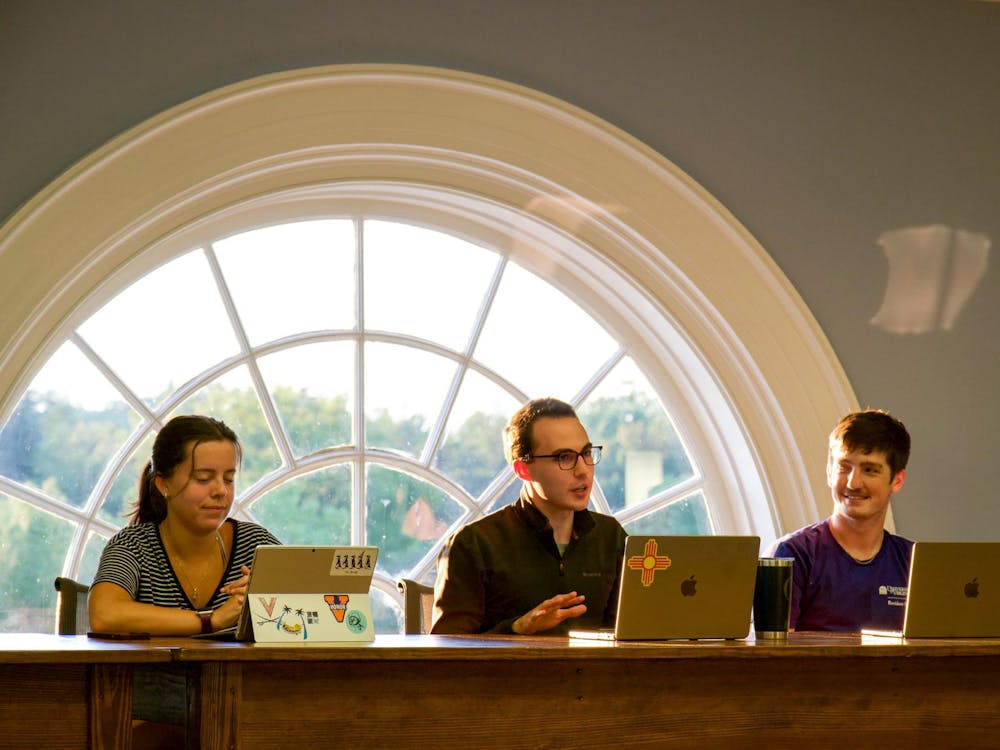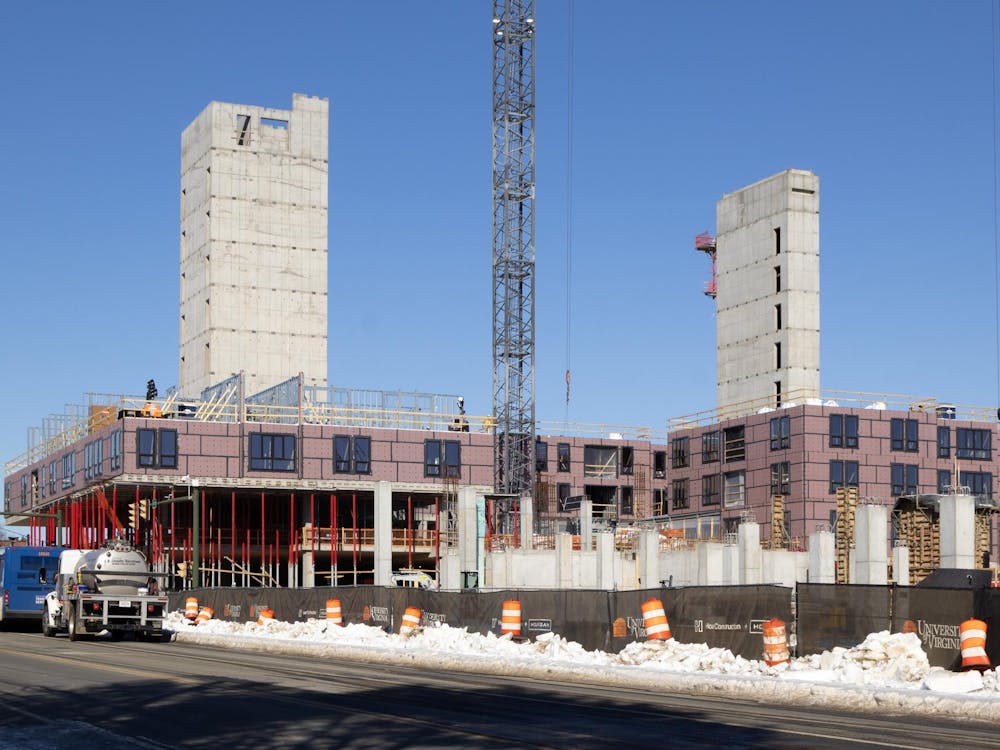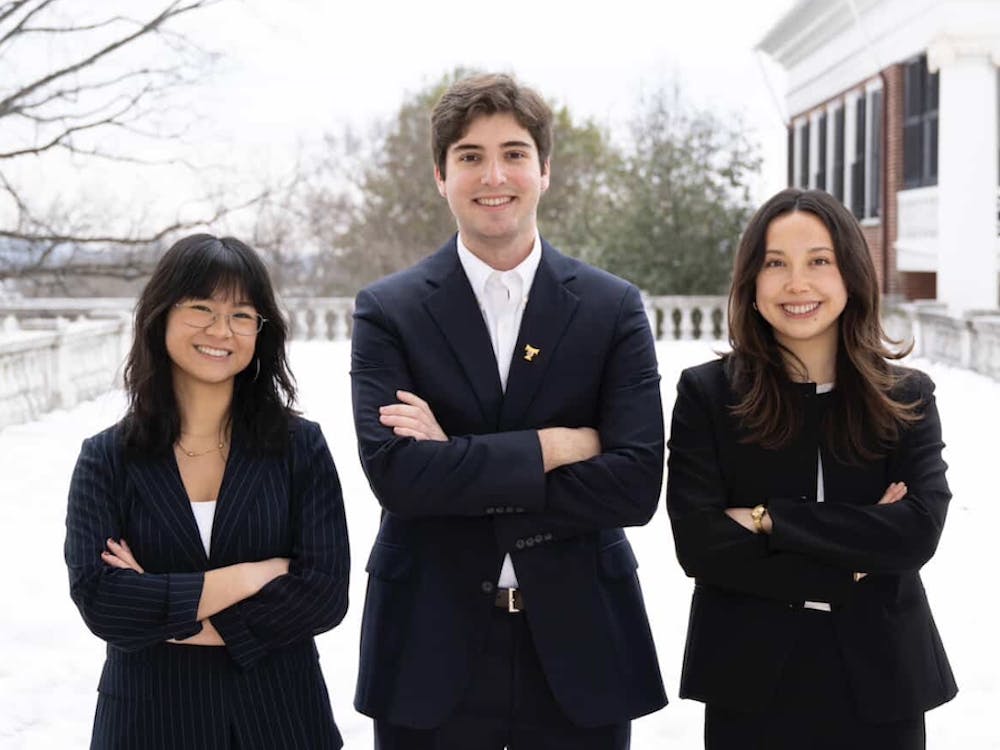At the College of Arts & Sciences’ faculty meeting Tuesday, faculty members discussed an ongoing initiative to reconstruct the undergraduate curriculum — focusing on potential reforms to the current competency and area requirements.
College Dean Ian Baucom said this would be the first time in 40 years the curriculum has undergone major changes. Small changes were made in 1991, when the historical area requirement was added, but the overall College curriculum has stayed the same since the 1970s.
Baucom said while the proposed changes will be large, they will not totally alter the way the College functions.
“One important reminder is that, when we say we are at a turning point with the undergraduate curriculum, we are not looking to [the] entire course of study,” Baucom said. “This does not affect majors. There is still departmental autonomy.”
Currently, area requirements mandate students complete 12 credits in math and science courses, six credits in the social sciences as well as in the humanities and three credits in both historical studies and non-western studies. Competency requirements include two writing requirements and a foreign language requirement which consists of up to four semesters of language instruction.
Baucom said the College is considering two plans for altering its curriculum in the coming years. The first would simply re-evaluate the current competency and area requirements. The second would organize the early undergraduate experience around clusters.
“Clusters are courses that are organized around a big idea,” Baucom said. “Two faculty members would pilot around a big idea for a one-semester course. It would have a big organizing idea that brings 40 students together with two faculty members that has a degree of amplitude. The second and third semesters, the students would then be offered an array of courses that build on that course’s questions and then have a capstone in the fourth semester.”
Media Studies Prof. Bruce Williams, chair of the College’s Undergraduate Excellence Committee, said many details still need to be worked out in the coming months. His committee has been working on designing a pilot program for clusters to begin in fall 2016.
“We worked hard to get this pilot program to give a small number of students a different kind of ... experience,” Williams said. “We wanted to take more advantage of the residential experience at U.Va.”
Baucom said while having these clusters could provide a rich experience for undergraduate students, it may be financially infeasible.
“We matriculate 2,750 students a year,” he said. “We would need 70 clusters.”
Baucom said, under current conditions, only a small percentage of students would be able to take advantage of the clusters.
“That would then leave the vast majority of our students with the second track,” he said. “Fundamentally, it leaves in place the existing set of requirements.”
The College also aims to address how students’ ability to test out of the first writing requirement impacts the effectiveness of the requirement.
“Because students can test out of it, there is a certain aura of the remedial,” Baucom said. “We want to go back to the question of writing as fundamental and not remedial.”
Another proposed change would alter the natural sciences and math area requirement. One proposal would divide the four required courses into two “quantitative reasoning” courses and two general science and mathematics courses.
Baucom said new hires in the College should give faculty and administrators more room to work with in reshaping requirements.
“This is a difficult process,” Baucom said. “It is important to say that we are going to disagree with each other.”







